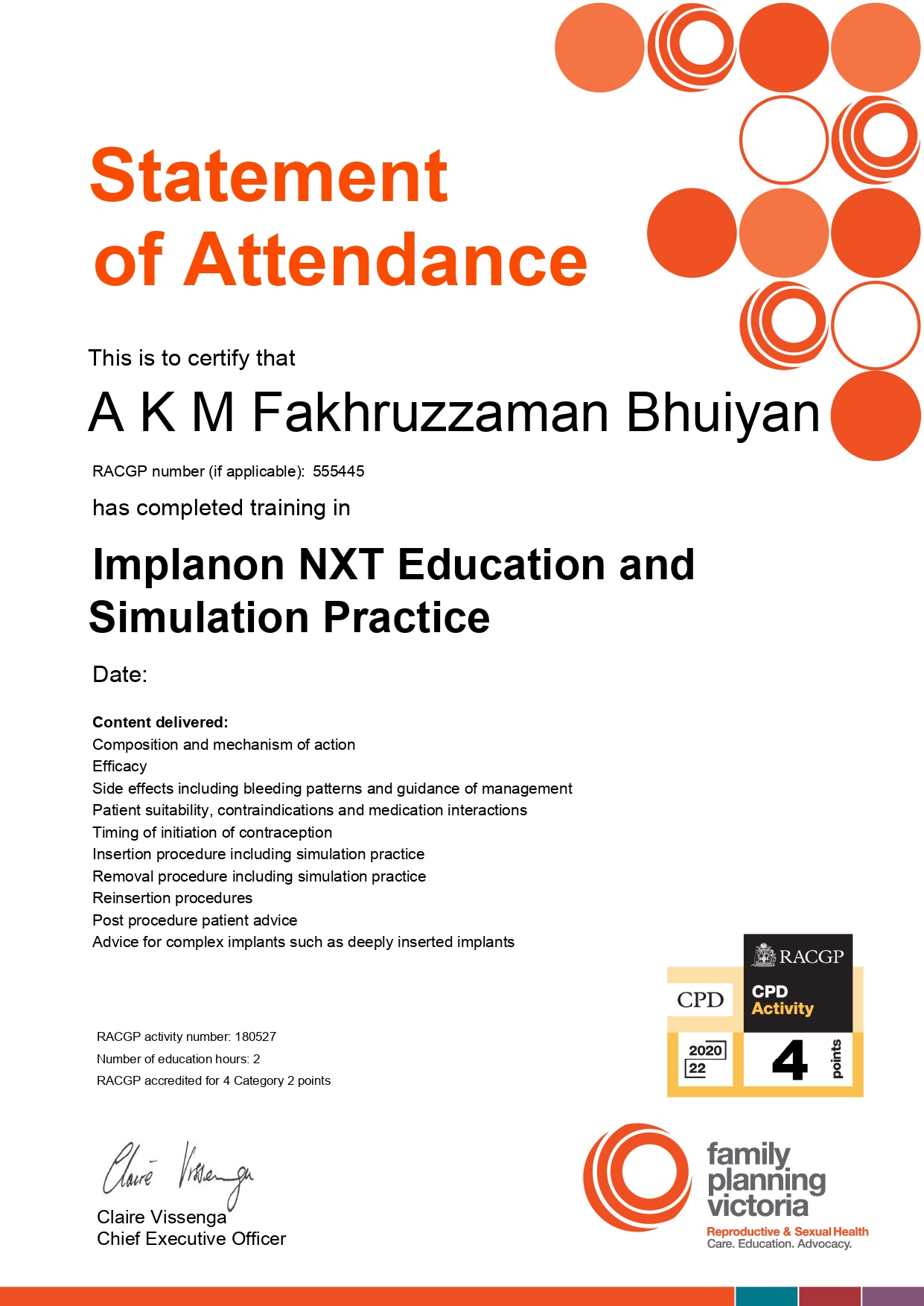Ginkgo biloba is extracted from the leaves of the maidenhair tree, which is native to China. The nuts from the tree are considered a delicacy in some countries but are known to be toxic when consumed in large quantities.1,2 The leaf extract has featured prominently in traditional Chinese medicine for thousands of years and has been thought to relieve a wide array of symptoms including memory loss, anxiety, asthma, schizophrenia, diabetes and erectile dysfunction.3 Ginkgo biloba has recently attracted attention for its possible effects on Alzheimer’s disease and dementia; however, research findings have been inconsistent and no firm conclusions can be drawn.4 Despite the lack of clear evidence for its benefits, it is widely used both in the East and the West.
Who asks about ginkgo biloba?
To identify the most commonly asked questions, we analysed 125,919 calls from the NPS MedicineWise (NPS) Medicines Line (1 September 2002–30 June 2010) for consumers and 57,840 calls from the Therapeutic Advice and Information Service (TAIS; 1 Jan 2000–30 June 2010) for community healthcare providers.5 The medicine call centres received queries from 353 consumers (3.5% of all complementary medicines questions) and 169 healthcare professionals (3.1%) concerning gingko biloba.5
The average age of consumers calling about ginkgo biloba was 58 years; 77% were women and most questions focused on interactions (58%), efficacy (17%) and adverse drug reactions (ADRs, 10.6%). Similarly, health professionals were predominantly concerned about interactions (69%) and ADRs (28%), whereas efficacy only featured in 3.6% of their calls.
Common consumer questions
Is ginkgo biloba effective for treating tinnitus?
No, ginkgo biloba is probably not effective for treating tinnitus. Ginkgo biloba has been widely used to manage tinnitus. The proposed mechanism of action is via effects on vasoregulation and neuronal metabolism. Several studies have suggested an effect on tinnitus caused by cerebrovascular insufficiency for up to 3 months.6 However, positive improvement was not shown in two large, high-quality studies where tinnitus was the primary complaint.7 The discrepancies in the literature may be related to the different causes of tinnitus.7
Is it safe to combine ginkgo biloba with antidepressants?
The limited information published suggests it is not considered safe to combine ginkgo biloba with antidepressants, including prescription medications such as selective serotonin re-uptake inhibitors, or St John’s wort.8–10 This topic has been poorly researched. However, studies in animals have suggested that taking ginkgo biloba and antidepressants together may increase the risk of serotonin toxicity.8 Symptoms of serotonin toxicity include confusion, sweating, shaking, muscle contraction and diarrhoea.11 However, studies in humans are lacking. There have also been reports of ginkgo biloba possibly causing seizures by reducing the levels of antiepileptic medication.9,10 Given that some antidepressants also increase the risk of seizures, the benefit of using a combination of ginkgo biloba and an antidepressant should be weighed against the potentially high risk of seizure.
Common health professional questions
Is it safe to combine blood pressure medication with ginkgo biloba?
It is considered safe to combine blood pressure medication with ginkgo biloba. However, blood pressure monitoring is recommended when a patient commences taking the herb.12–15 Ginkgo biloba has been shown to reduce blood pressure in some trials,16 although most studies did not report a change in blood pressure.12–15
Does ginkgo biloba interact with aspirin?
No, it is safe to combine ginkgo biloba with aspirin. Case reports have suggested that ginkgo biloba may increase the risk of bleeding17–19 but several randomised controlled trials have found that ginkgo biloba does not increase the risk of bleeding when added to aspirin at a dose of up to 500 mg/day.20–23
Resources
www.webmd.com/vitamins-supp…/ingredientmono-333-ginkgo.aspx…


